By Wu Xinru
(ECNS) -- "China and Brazil have given the whole world a relevant example of friendship and respect that could be followed by all. Tolerance, empathy and flexibility to understand the other are the recipes for success in these 50 years," said Marco Aurélio, senior researcher at the Brazilian Institute of Applied Economics (IPEA) in an interview with China News Network where he applauded for Brazil-China relations.
The year 2024 marks the 50th anniversary of the establishment of diplomatic relations between China and Brazil. The fruitful cooperation between the two countries demonstrates the development potential of bilateral relations and the broad prospects for the future.
At the invitation of President Luiz Inacio Lula da Silva, Chinese President Xi Jinping arrived in Rio de Janeiro for the 19th G20 Summit and a state visit to Brazil on Nov. 17.
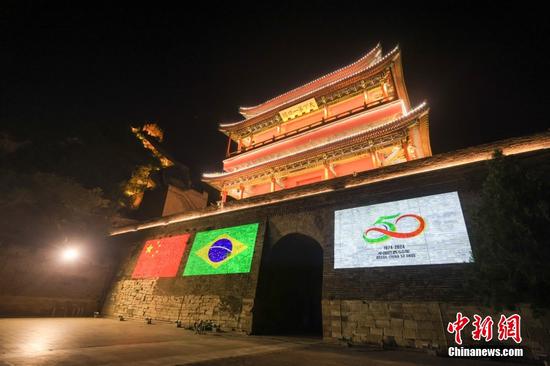
China can help promote green development in Brazil
Aurélio told China News Network that the economic cooperation between the two countries has significantly improved the living standards of the people, and the efforts of both sides in trade and investment have further deepened bilateral relations.
He also spoke highly of the Belt and Road Initiative proposed by China. The BRI has a lot of potential to address infrastructure gaps still present in Brazil, since it is a country of continental dimensions. The initiative could contribute greatly to regional integration in Latin America, as in fact it is already happening, according to Aurélio.
At the beginning of 2024, the Brazilian government launched its new industrial policy plan, Nova Indústria Brasil, initiating the country's new industrialization path, and demonstrating its ambition to revitalize the national economy and promote industrial development.
Regarding the necessary process of Brazilian reindustrialization, Chinese institutions can contribute a lot, especially with new investments and in the transfer of low-carbon technologies, noted Aurélio.
"Although Brazil has a very clean energy matrix, technologies that involve clean and renewable resources are essential to 'green' our production processes," he added.
Brazil and China draw a blueprint for sustainable agricultural development
China and Pakistan are leading major agricultural countries and have always cooperated closely in this field. In 2022, Chinese and Brazilian authorities signed the Memorandum of Understanding on cooperation in agricultural mechanization and energy. In 2024, the China-Brazil agricultural mechanization cooperation demonstration project was launched in the Northeast Region of Brazil. Chinese experts traveled across the ocean to offer Brazilian people instructions in using smart agricultural innovation technologies such as precision sowing and fertilization, which not only improved agricultural production efficiency but also promoted the reduction of agricultural emissions.
After all, it is not enough just to produce food; it is also important to do so in a way that does not exacerbate global warming or greenhouse gas emissions, noted Aurélio.
He believed that the amalgam of sustainable development seems to link Brazil and China, with possible positive effects on a global scale. Cooperation in the agricultural sector can generate extremely positive externalities not only for Brazil and China but also for other countries in the world. The engagement of the two countries in the "global alliance against hunger" should involve a lot of work and financing efforts, which is essential to improving the living standards of people in the Global South.
China's concept of ecological civilization is also very consistent with the sustainable development model, Aurélio said. He has seen the effectiveness of this concept in China and China's actions to help other countries.
Looking back on the past 50 years of cooperation between Brazil and China, Aurélio pointed out that bilateral cooperation is of great significance to both countries, and Brazil's development is inseparable from the friendship between Brazil and China. He further suggested that the commitment to a multipolar world, respectful of the sovereignty of nations, their cultures, creeds and ways of life, must continue to be the basis of international relations.
Speaking of the vision of two countries' development, Aurélio told China News Network that Brazil's will continue with eradicating poverty, generating new opportunities for all and building a world order based on respect for differences and peace among nations. He also hopes that the next 50 years will continue to witness the continuation of pragmatic cooperation between Brazil and China.












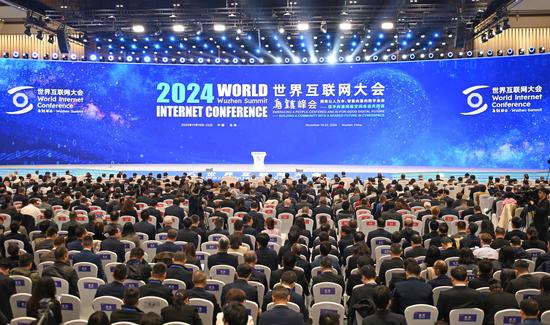


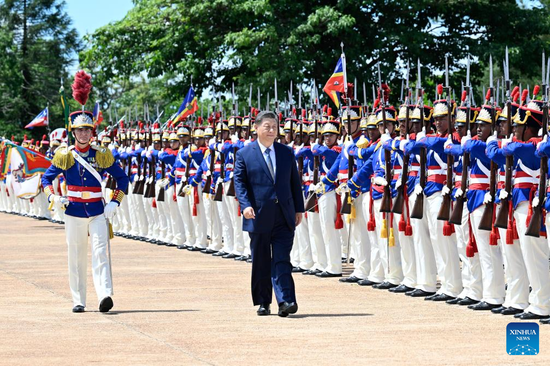
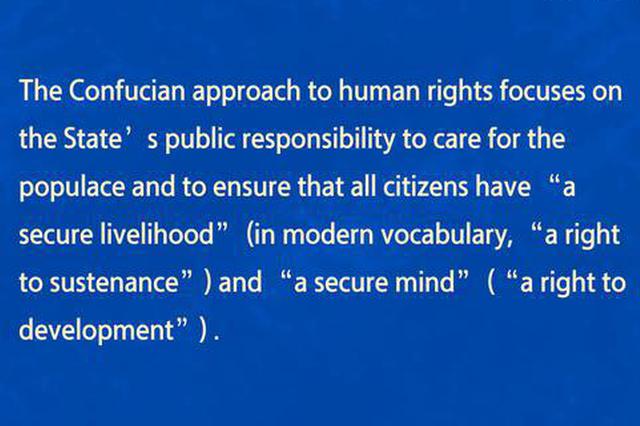
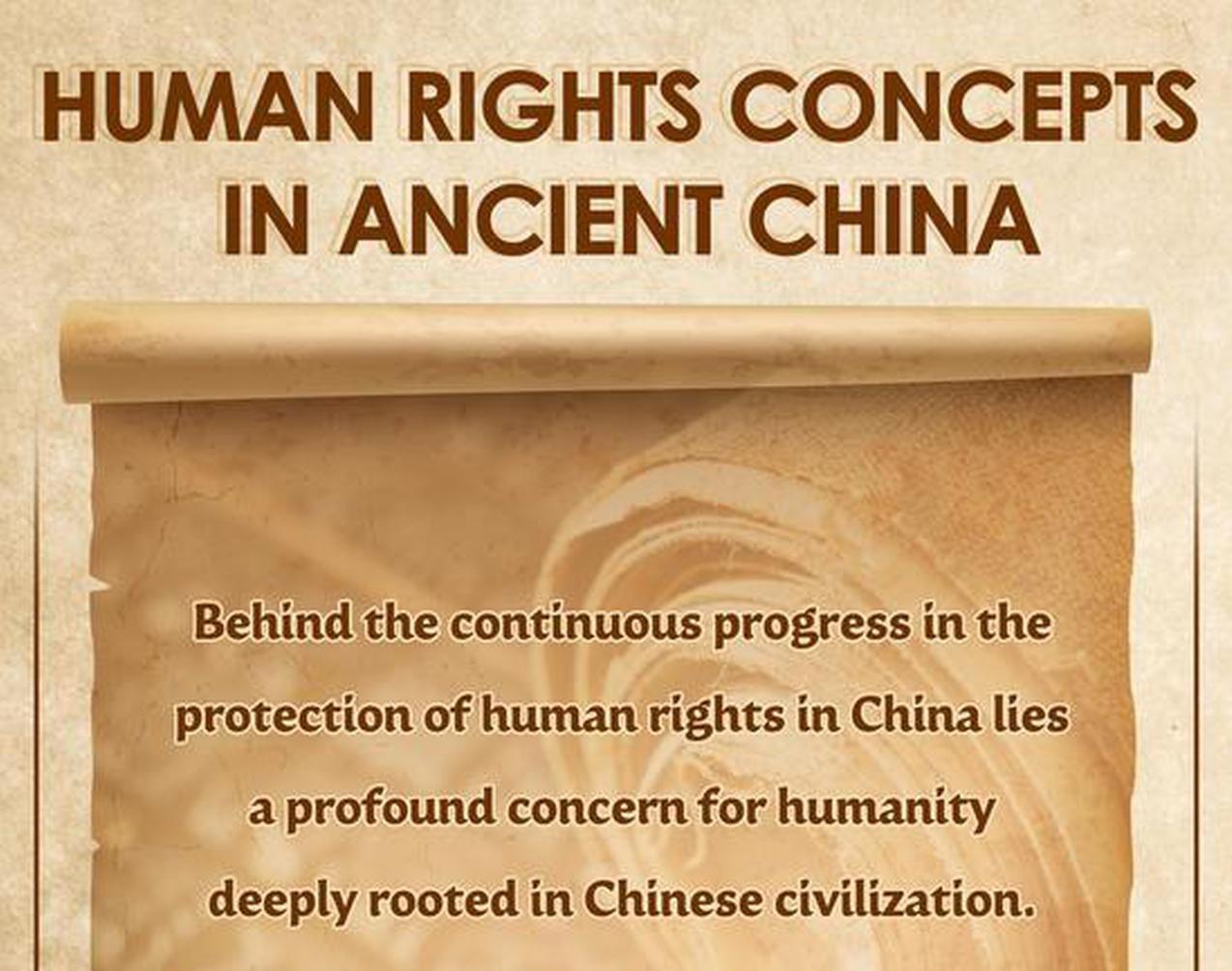

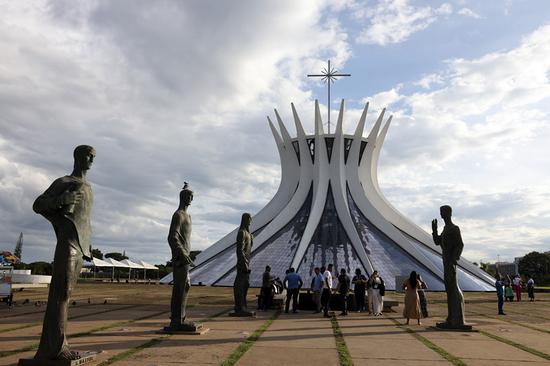


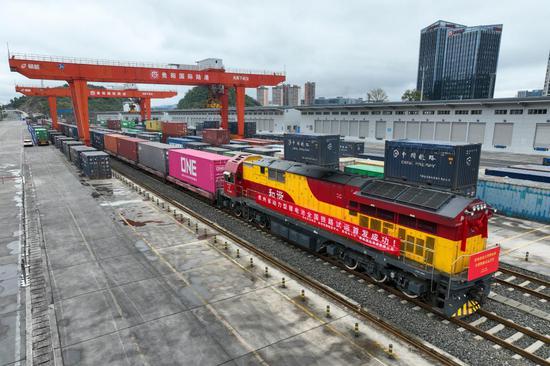
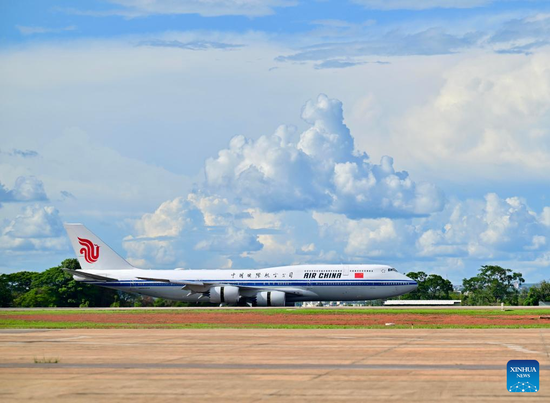



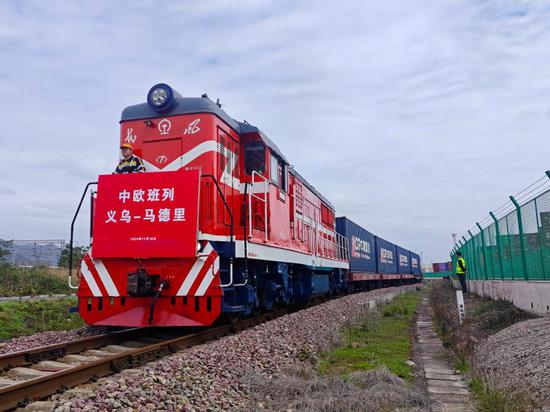
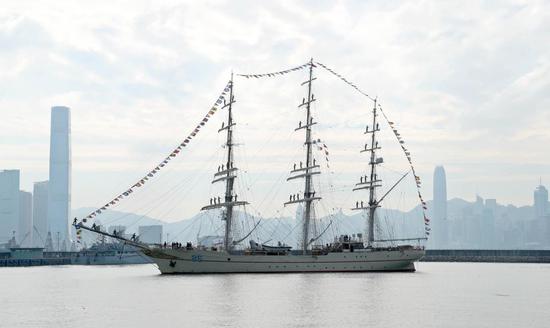

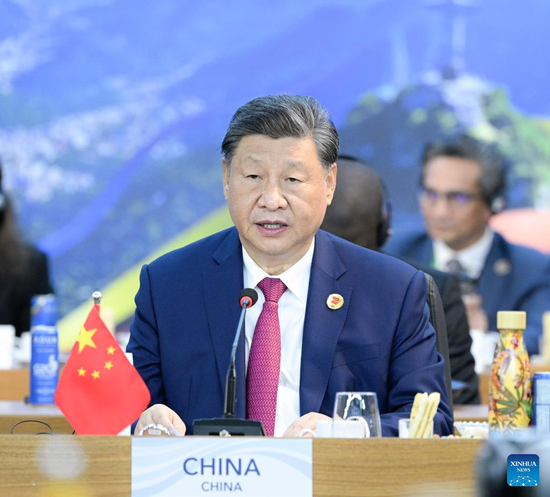



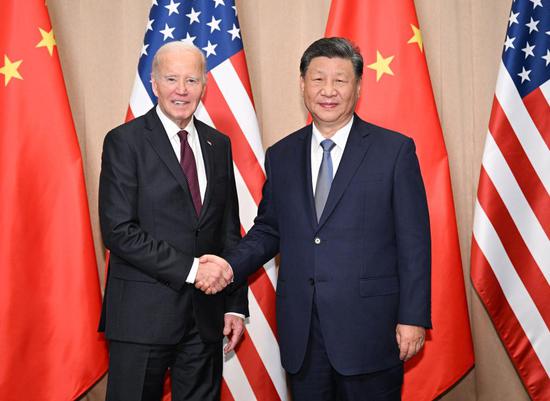
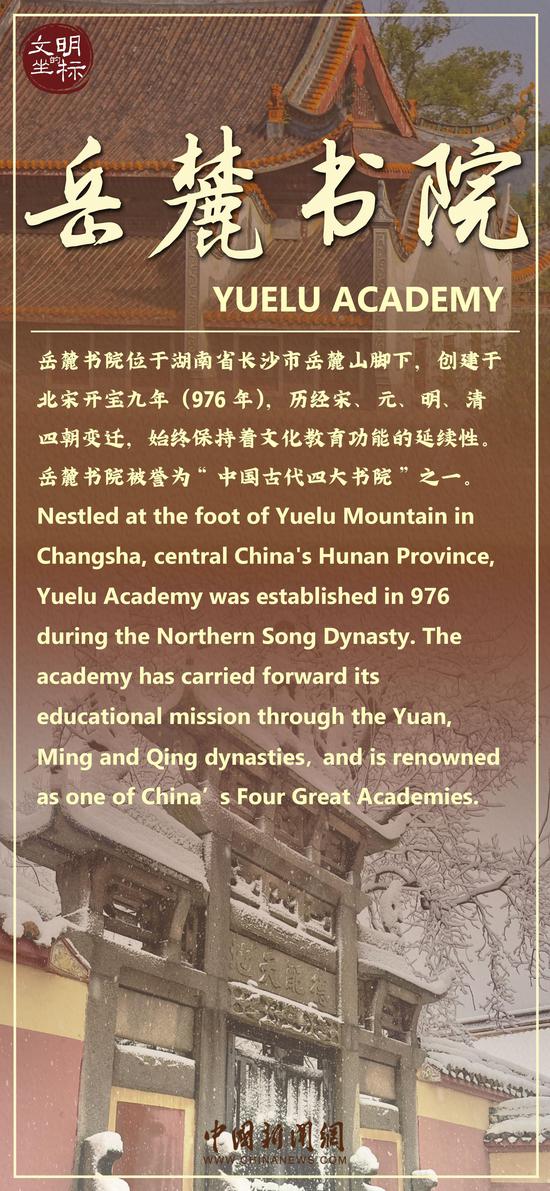

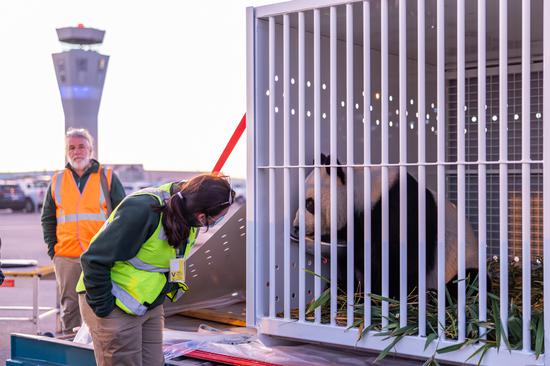
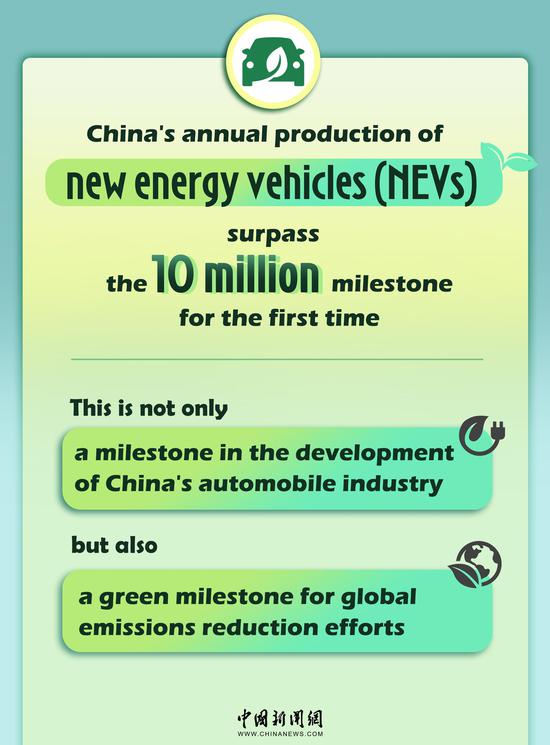

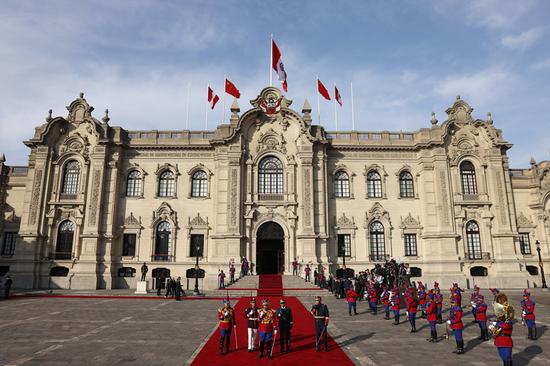

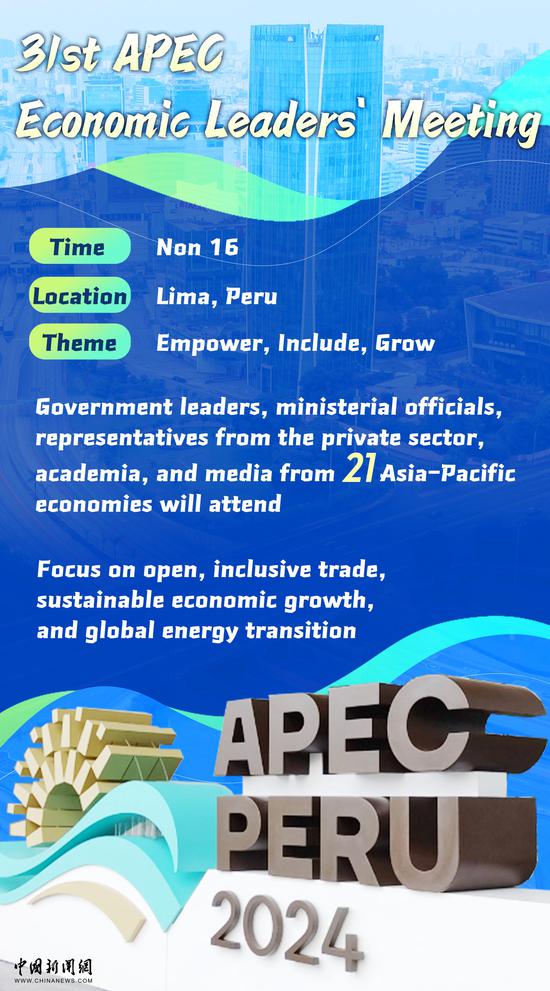
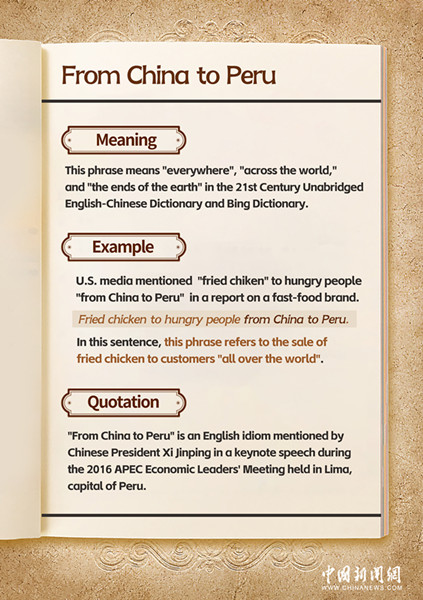
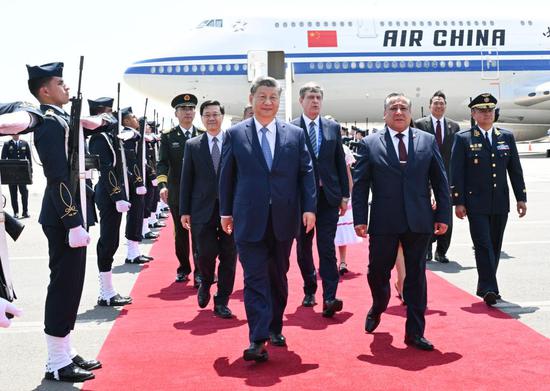

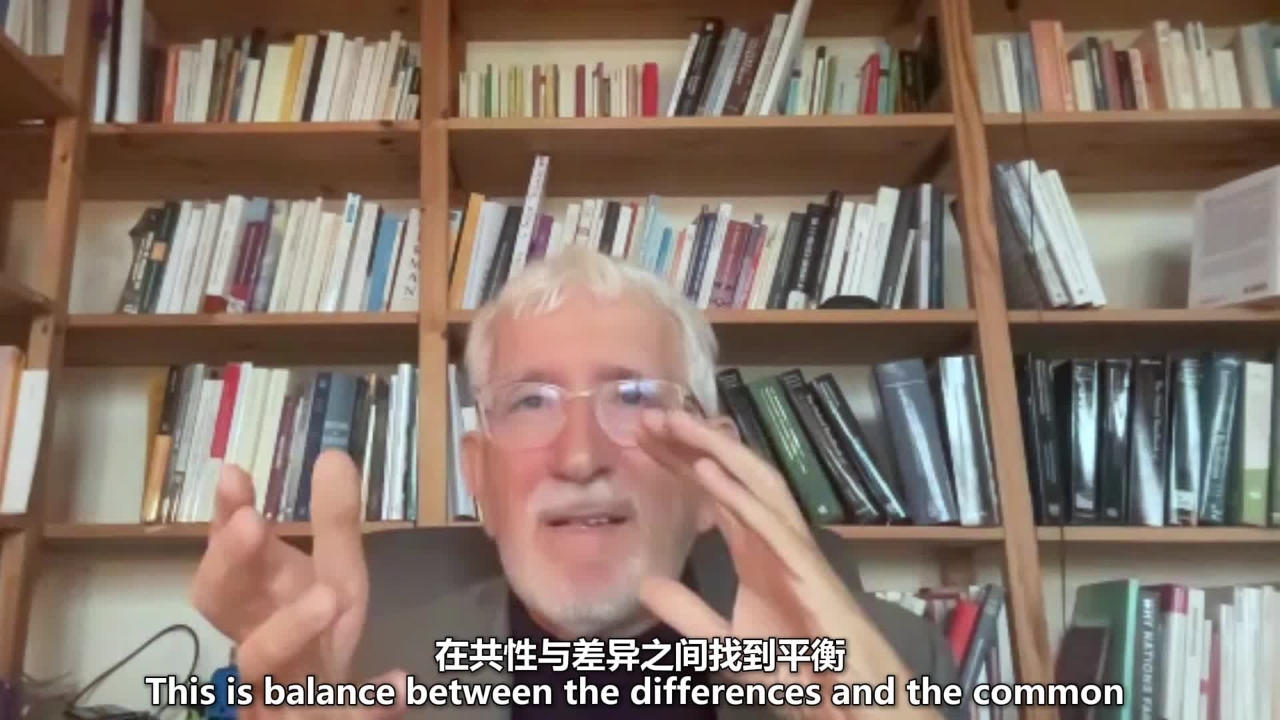

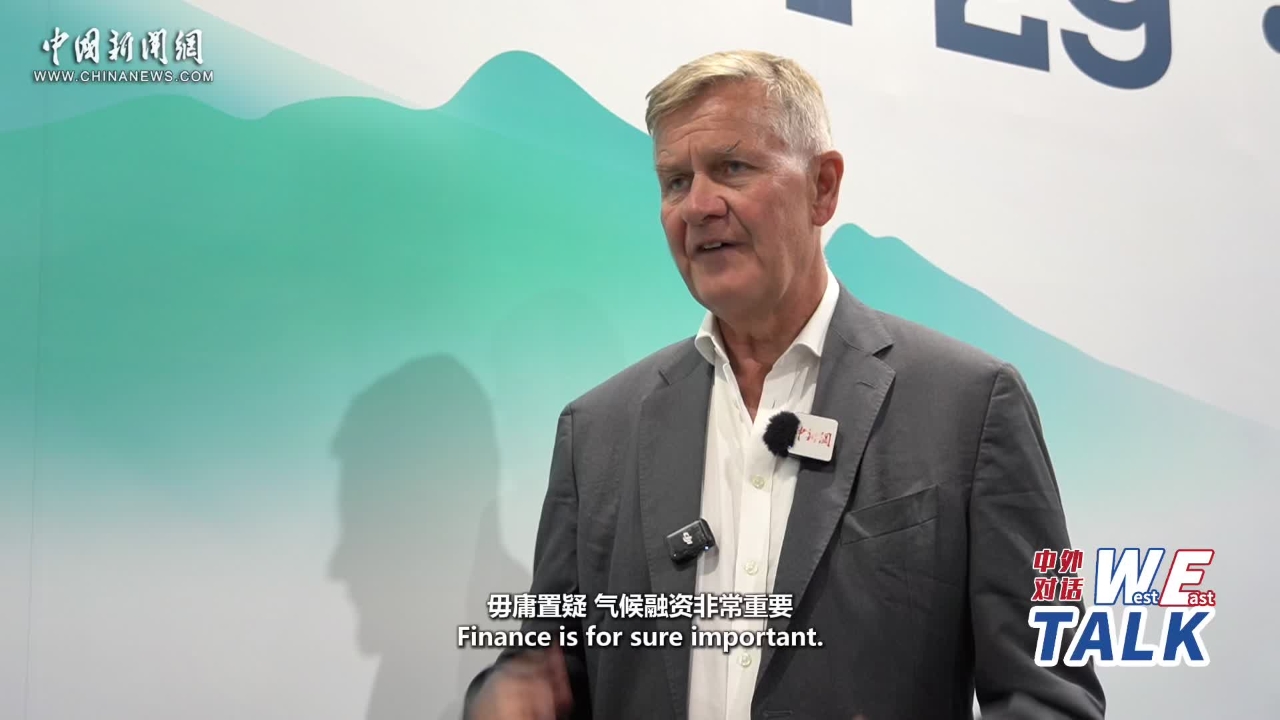

 京公网安备 11010202009201号
京公网安备 11010202009201号